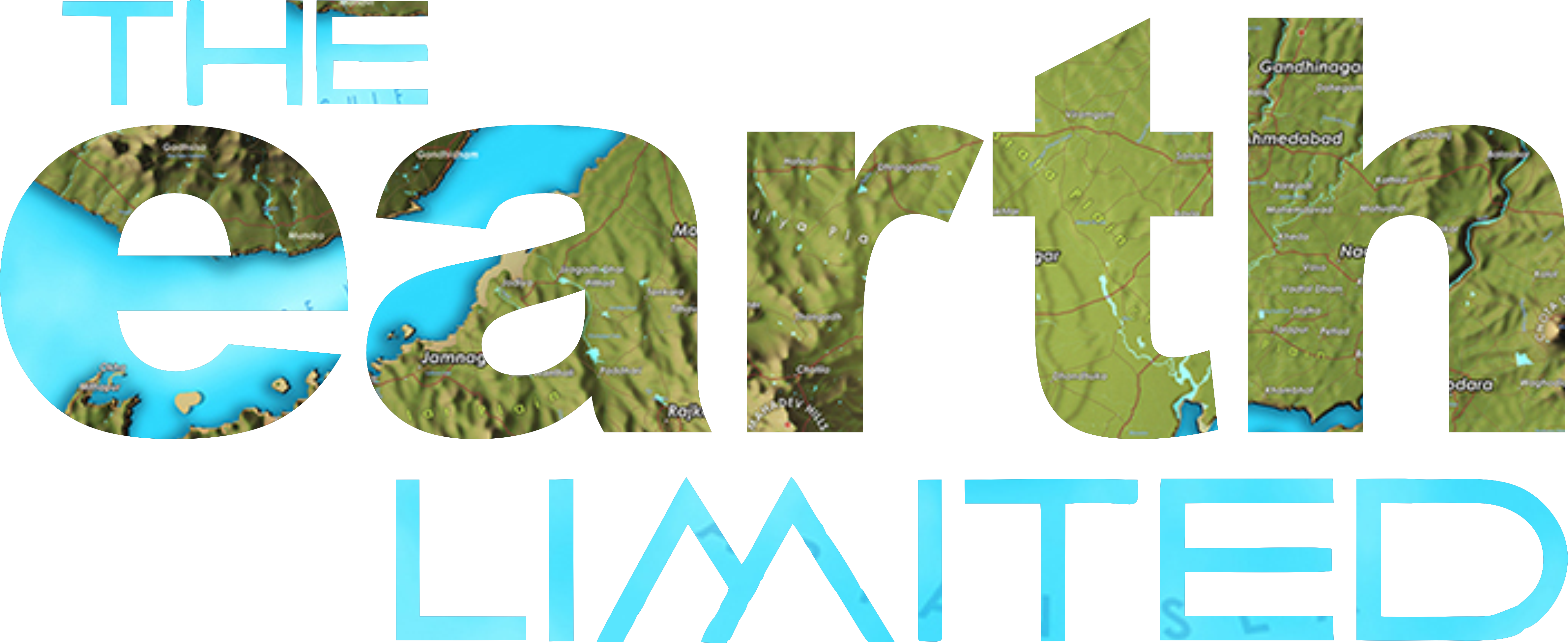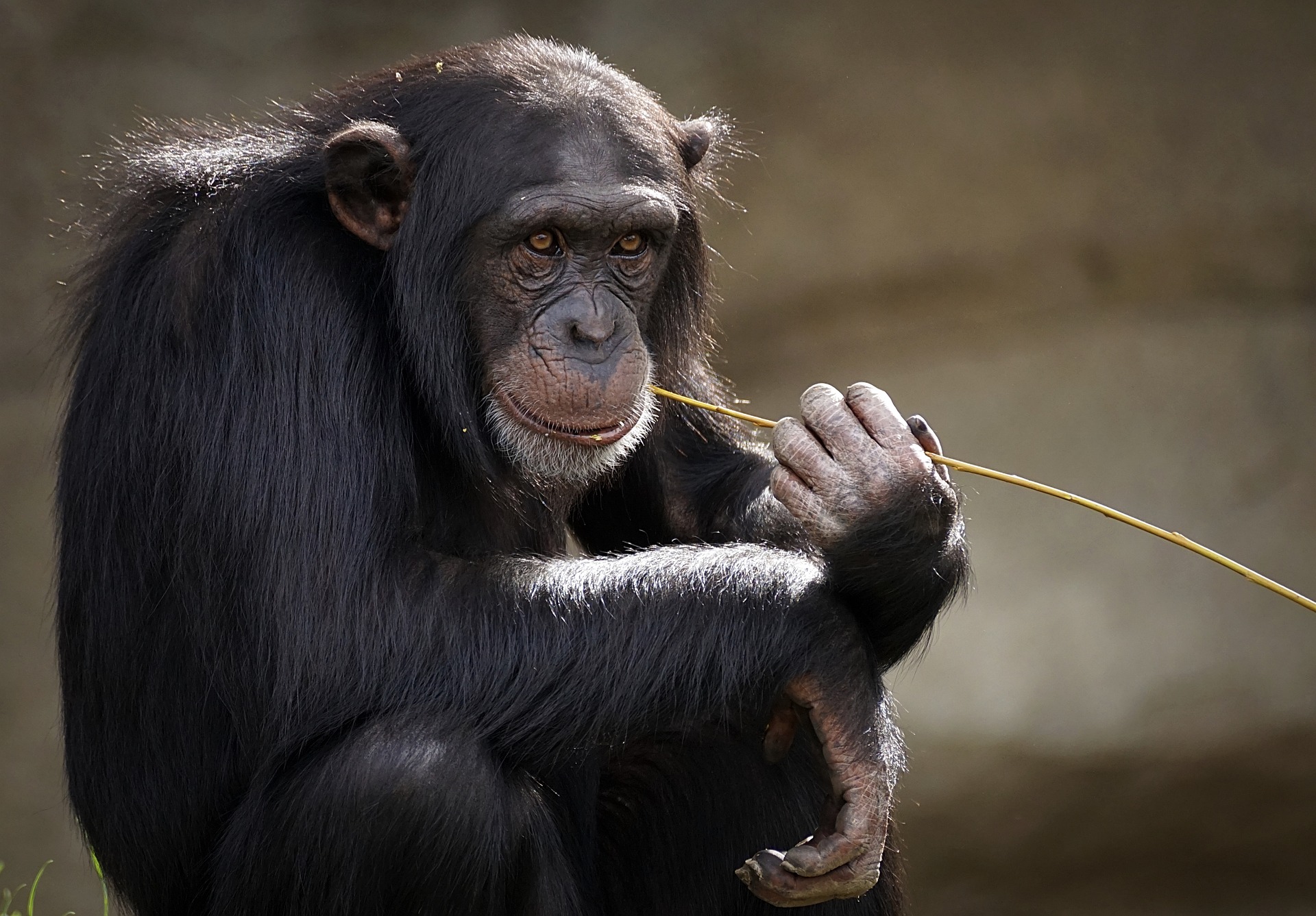Two days before Nature Day, one of nature’s fervent champions Jane Goodall bid goodbye to the world. At 91, she had a long history of campaigning for environment conservation and wildlife. But not just that. Dr Goodall was also a vegan who spoke out on the sad plight of farm animals. Many also may not know that this renowned scientist was also deeply spiritual.
Her experience of heightened awareness in the jungle, where the absence of a separate self allowed her to merge with her surroundings, saw her deeply explore the spiritual sciences too. In her book, ‘Reason for Hope: a spiritual journey’ she speaks of an experience that reveals her spiritual side. ‘Never had I been so intensely aware of the shape, colour or individual leaves, varied patterns of the veins that made each one unique… scents were clear as well… fermenting, overripe fruit, waterlogged earth, cold, wet bark, the damp odour of chimpanzee hair, and yes, my own.’ This was the reason she looked at death and beyond as a great adventure.
Adventure it was that had seen the 26 year old Jane venture into the jungles of Tanzania to study chimpanzees. Armed only with her innate curiosity and love of the jungle and a few tips from the famous Louis Leakey, she walked into where no man had dared to go before. Daily she went into the jungles inhabited by chimpanzees. Slowly, she gained their trust to be allowed to sit near and watch them. Her observations upturned many notions of animal behaviour and distinctions from humans. A year later she enrolled for PhD and her paper, which initially was met with scepticism and some derision too, for her naming each animal instead of simply assigning numbers as was the norm in science, went on to prove many people wrong.
Chimpanzees which share almost 98 percent of genes with humans differ from one to another. They have personalities varying from gentle to aggressive, cruel to caring. They can feel emotions like sadness and happiness.
They also play a very important role in regenerating forests, as was shown in a recent Cambridge study while another recent study by a team from UCL, Harvard and Liverpool John Moores warns of a cultural collapse, thanks to humans. The study shows how Chimps adapt well, but only when their social life is intact. But human population is squeezing them into smaller areas of small groups leading to a cultural collapse and loss of adaptive ability. More Jane Goodalls will be needed to hold a mirror to the human race and show what we are doing to other species.
Even as a small child, Jane was curious about the natural world. Once she was missing for four hours when she was in the barn watching a hen lay eggs. The comics of Tarzan of the Apes captured the imagination of young Jane who wanted to visit Africa. Supported by her mother who encouraged her to grab every opportunity to realise her passion, she landed in Kenya at the invitation of a friend. There was no going back.
Today she is recognised as a pioneer in the field of conservation science. Late Dr Goodall can be called an icon, a legend, an ethologist besides being a conservationist and scientist. But above all that she was one who believed in the interconnectedness of everything in our world. She called upon, again and again, for the need to safeguard all living beings for the benefit of all life on planet.
As a reputed figure, she used her popularity to champion the cause of climate change, biodiversity conservation and the like. She became the voice of the voiceless animals, be it the dwindling wildlife or the burgeoning numbers of farm animals. Right to her last day she was on this mission on spreading awareness and appealing to the youth to take on the baton. Her Roots and Shoots program for youth began with 12 students but now has thousands enlisted in over 50 nations. She believed that only if we help other beings and the environment, can we hope to be saved.
Dr Jane Goodall reminded us over and over again that each of us makes a difference every day, calling upon each one to make the world a better place. She had hope, but also moments of despondence when she wondered if we have time to rewind the clock — to a time before we allowed greed to plunder this beautiful planet, leaving no place for any creature that did not fit in the scheme of environmental exploitation.
In 50 years we have wiped out 70 percent of wildlife populations. We relentlessly continue to claim every nook and corner of the planet, leaving pollution and garbage everywhere.
Dr Jane Goodall believed that to keep hope alive in a world of chaos, one must act from the heart. Can each of us look into our hearts and ask what action we need to take? For act we MUST, if life on the planet must prosper. We cannot sit back and expect someone else to do something. It is time to shake off the apathy and act. Small actions can have major impact. The power lies in one’s conviction and passion. And if, you cannot take individual action, join up with nearby organisations that are doing good work. Become curious about what is happening around you. Much of it stinks.
By Jaya
(The writer had the fortune of meeting the late Dr Goodall when she had addressed a gathering at the Indian Institute of Science. The diminutive looking naturalist brought the hall awake with her ‘call of the jungle’ followed with her impassioned plea.)



